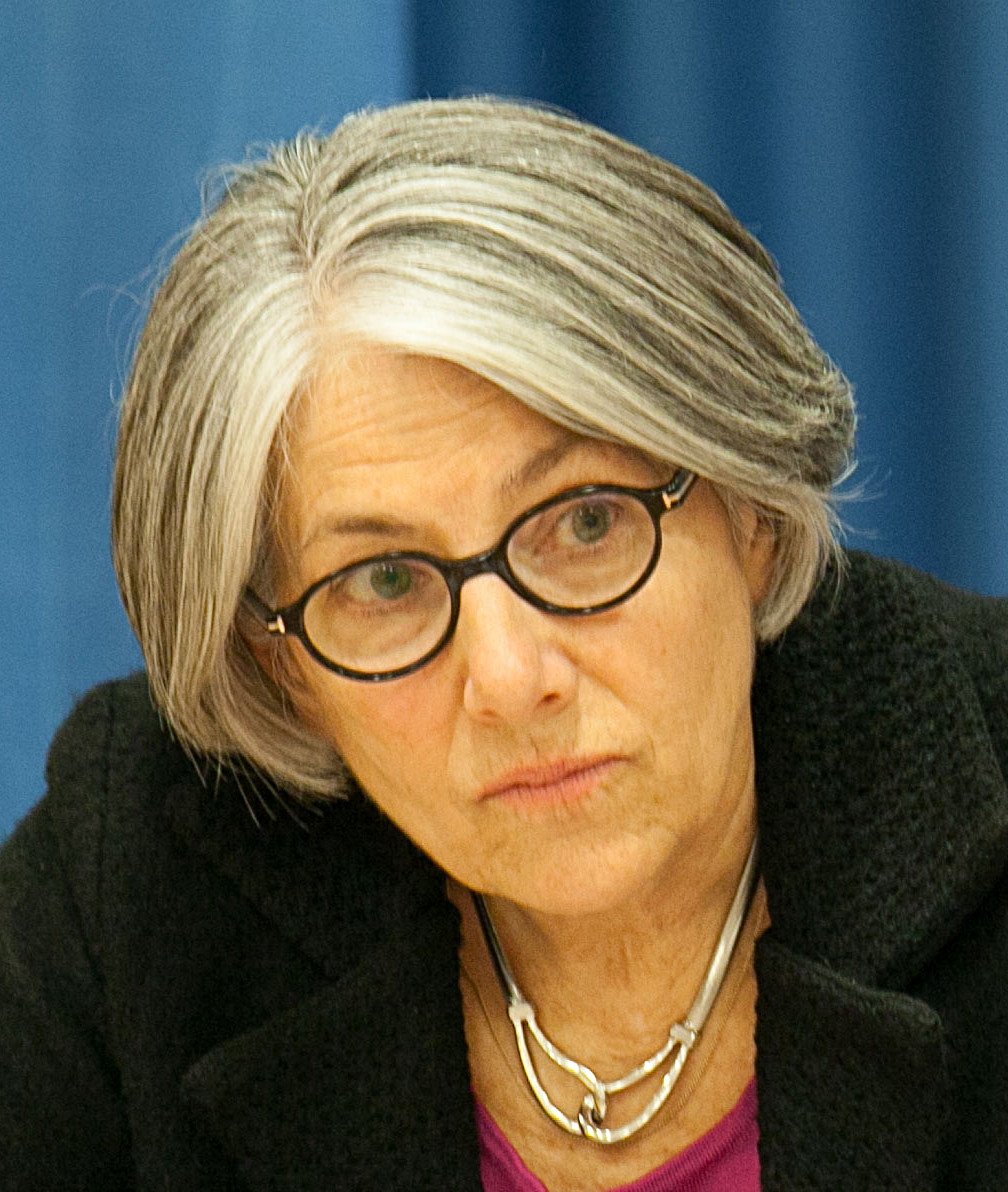 |
|
Under Barbara J. Ryan’s leadership, millions of satellite images and other Earth observation data have been made available to the general public at no charge, allowing scientists, planners and policy makers to make better-informed decisions on problems that transcend political boundaries. Her body of work addresses critical issues in agriculture, biodiversity, climate change, disaster planning, energy, health and water.
|
|
Supporting Decision Makers: Challenges & Opportunities for the Earth Observation & Geospatial Communities
by
Barbara J. Ryan, Executive Director | World Geospatial Industry Council (WGIC)
2022 Symposium, Syracuse, NY, June 7, 2022
After a 40+ year career that has traversed public and not-for-profit organizations, and national and international governments – all in the geographic, geospatial, and Earth observations domains, Ms. Ryan will discuss challenges and opportunities for supporting decision makers.
As geospatial professionals, we intuitively know our data, tools, and services touch every person every day, and yet we are still answering questions like, “Now, what does geospatial mean?”, and these questions don’t just come from our families and friends, but from decision and policy makers throughout the ecosystem. As scientists, it is often easier for us to describe “how and what” we do, as compared to “why” we are undertaking a given activity, and yet, we often forget that most decision and policy makers are often not classically trained in the Earth and Environmental Sciences.
Communication issues aside, geospatial resources are a powerful integrating tool for addressing the major environmental issues that are facing us today – the Earth’s changing climate, disaster resilience, energy transition, delivering on the UN Sustainable Development Goals (SDGs), and many others. Innovation, inclusivity, and integration – three important ‘I’s -- will be explored as mechanisms and forcing functions to betteraddress these global challenges. The role of Universities and Consortia of Universities in this value chain will be further explored.
Biography:
Barbara Ryan’s career began in 1974 when she joined the United States Geological Survey (USGS), the nation’s largest natural resource science and civilian mapping agency. She advanced steadily in the USGS, earning master’s degrees in geography from the University of Denver and in civil engineering from Stanford University. As associate director for geography at the USGS, she was responsible for the agency’s remote sensing, geography and civilian mapping programs, including the Landsat satellites. From 2008 to 2012, she was Director of the World Meteorological Organization (WMO) Space Programme, and from 2012 to 2018, Ryan was the Secretariat Director of the intergovernmental Group on Earth Observations (GEO) in Geneva, Switzerland. In January of 2021, Barbara became the second Executive Director of the World Geospatial Industry Council (WGIC), a not-for-profit trade association of private-sector companies working in the geospatial and Earth observation ecosystem.
Ryan has been awarded an honorary doctorate of science degree from her alma mater, SUNY Cortland. She has been named an Honorary Fellow of the American Geographical Society, in 2017 she was one of 10 global Leaders to be named to the Geospatial World Forum’s Hall of Fame, and in 2019 she was awarded the Department of Interior and NASA’s Pecora Award. Ryan has served as chair of the international Committee on Earth Observation Satellites (CEOS). She serves on several Boards and Advisory Committees including for two start-ups -- Azimuth1 and Data for Development Insights (D4DInsights), the Ecological Sequestration Trust, the International Centre for Earth Simulation (ICES), and the International Symposium for Remote Sensing of Environment (ISRSE). From 2018 to 2021, she served on the Board of Directors for the U.S. Jane Goodall Institute.
|

